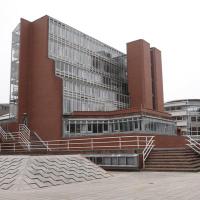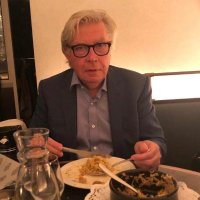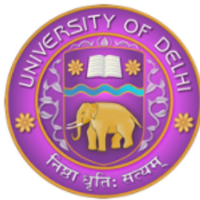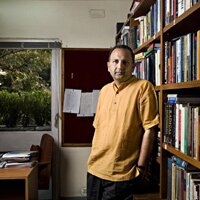
faisal devji
@faisaldevji
ID: 57305973
16-07-2009 11:13:03
98 Tweet
1,1K Followers
381 Following

"The efforts of Hindutva and Islamism to challenge the secular state seen as a neutral third party adjudicating between rival interests must be understood as the struggle of the social against the political sphere." faisal devji's interview National Law School Journal nls.ac.in/blog/scholars-…



Many congratulations to Shruti Kapila for her award of an OBE in the #kingsbirthdayhonours for services to research in Humanities! gov.uk/government/pub…





The Global South’s response to the Ukraine war is reshaping global politics. In our History Hotspot, faisal devji argues that these nations are not motivated by pro-Russian sentiments, but by a deeper commitment to the post-war international order 👉 t1p.de/jkkeg 🧵1/4

Accordingly, the Global South’s revival in neutrality stabilises international geopolitics. However, an inclusive world order is challenged by the push for a perceived Western hegemony and the need for systemic changes. Read faisal devji's short piece: t1p.de/r9fl8 4/4

At Buck House with Garima Sahai for Shruti Kapila’s OBE. Shruti Kapila Garima Sahai



#ExpressOpinion | #DonaldTrump is building a new American empire faisal devji writes: indianexpress.com/article/opinio…

Trump is building a new American empire faisal devji in blistering form. indianexpress.com/article/opinio…


#ExpressOpinion | “Race, religion, and civilisation have come to define the West because it can no longer dominate the international order; it has chosen instead to destroy it.” faisal devji on Trump and the new American empire indianexpress.com/article/opinio…

Can the Turkish-Kurdish peace process succeed? Galip Dalay and Arzu Yilmaz join host Sasha Polakow-Suransky to debate this question on a new episode of Counterpoint, a podcast from of FP in partnership with Doha Forum: podcasts.apple.com/us/podcast/can…


At our panel, faisal devji, Galip Dalay, Cemil Aydin & Lynda Chinenye Iroulo discussed the relevance and implications of the Bandung Conference (1955) for the global order, then and now. What does it tell us about the Global South’s vision of multilateralism? Moderated by Scheherazade Safla



